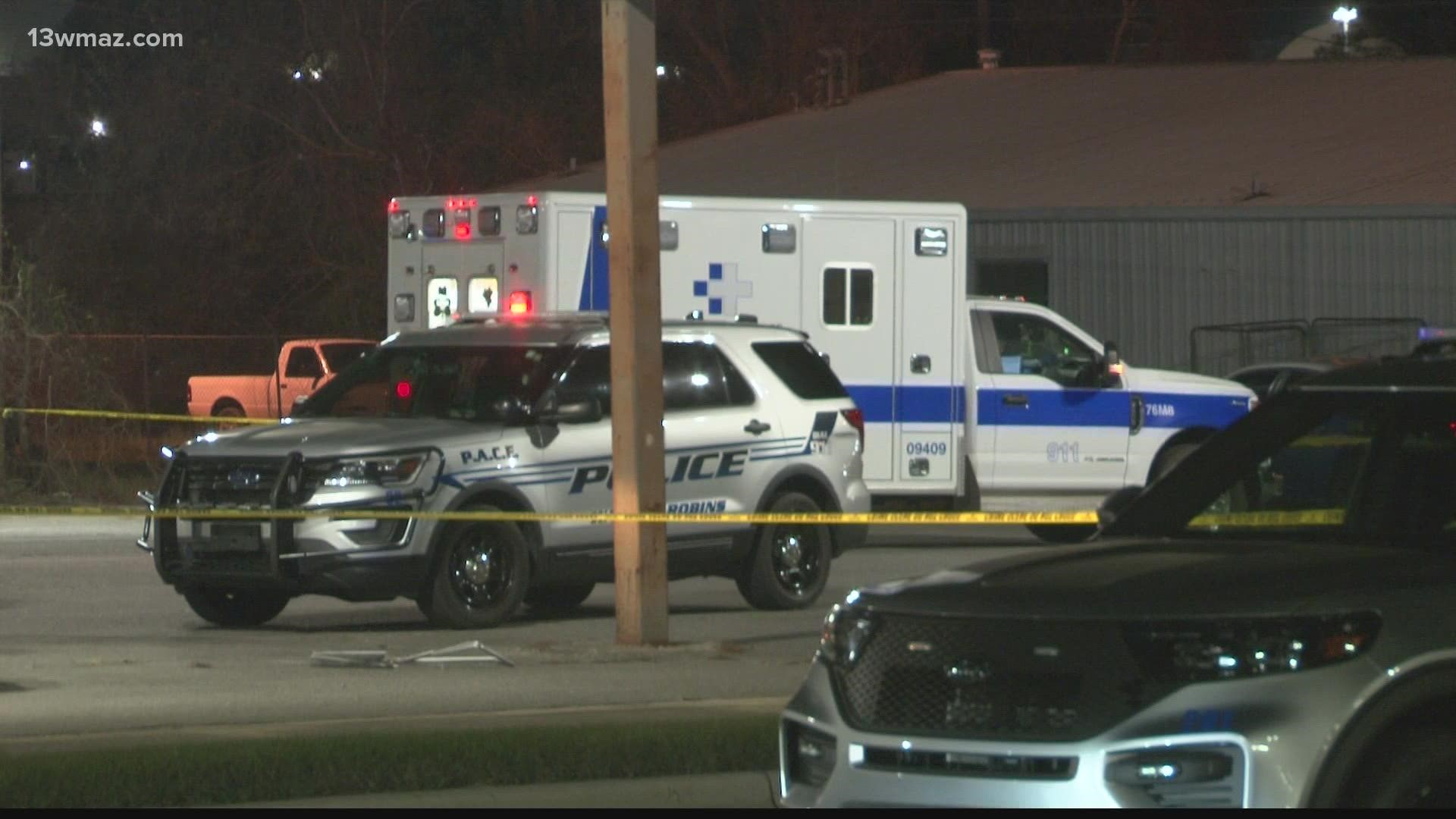ATLANTA — A bill in the Georgia General Assembly could help law enforcement deal with mental health crises better.
Law enforcement officers are sometimes called to respond to mental health situations, which can escalate depending on a suspect's mental state. A new bill that passed in the Senate with a unanimous bipartisan vote could change that.
"It's great to see that senators and the House are recognizing there is an issue and they are reaching out to help us," said Roberta Police Chief Ty Matthews.
SB 361 is also known as the 'Less Crime Act.' If it passes, the law would provide funding for law enforcement. Agencies could then use it for equipment, salaries, hiring officers and training programs, and to maintain or start de-escalating programs.
The goal is to help de-escalate mental health situations that often end in tragedy.
"Law enforcement put on many hats. If you would ask anybody, the hat of mental illness is the one that is very draining and time consuming and could wreck budgets," said Matthews.
In 2016, a Bleckley County deputy shot and killed Blake Peacock outside his home. His mother called 911 and she told them Blake said officers would have to kill him to remove him from the property.
He was shot in the chest when he ran toward the home with a rifle. Now, his father Edwin wants to help officers help people in crisis like his son.
"If you have the authority to use deadly force, you should have the responsibility of rendering first aid," said Edwin Peacock.
"They are not trained to deal with psychiatric and mental health situations. They are trained on enforcing the law," said Larry Walker.
State senator Larry Walker filed SB 361. He says it will also reduce the number of shootings and Tasings, and protect officers as well. The bill provides a funding model so the community can support law enforcement by donating while getting state income tax credits.
"You never know what you are going into, so having someone moments after to help facilitate some things would be a great asset," said Matthews.
If the bill passes through the Georgia House, Governor Brian Kemp then will have 40 days to sign it into law.
RELATED: Georgia House bill would help families of first responders who died or were disabled by COVID

